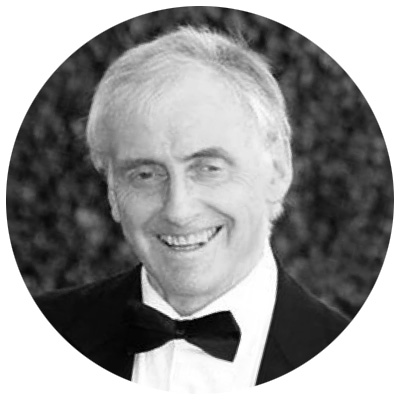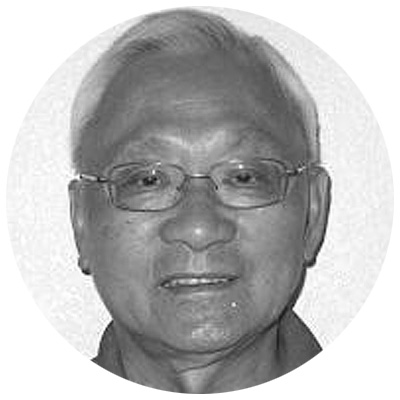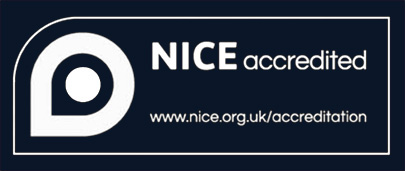
Derek Gray
(1950-2017)
Sir Peter J Morris pays tribute to one of Oxford’s outstanding academic surgeons who brought great renown to the department in the field of pancreatic islet transplantation.
In 1976 I was interviewing several applicants for the post of Senior House Officer on the new Renal Transplant Unit of the Nuffield Department of Surgery (NDS) to replace Chris Khoo, the first SHO. One of the applicants was Derek Gray, a graduate of Leeds University, who had worked with the internationally renowned Professor of Surgery at Leeds, John Goligher as a House Surgeon. Derek gave a good interview as I recollect already stating that he wished to pursue a career in academic surgery, but I think what really clinched the post for him was the reference from Professor John Goligher –
“Derek was a first-class medical student and I was fortunate to have him as my House Surgeon. He was the most outstanding House Surgeon that I had ever had”.
Derek took up this post and everything that John Goligher had said about him proved to be true. He was outstanding in the Transplant Unit and I should point out that in those early days there was just the SHO and the Professor! During this time, he raised with me the question of whether the treatment of acute rejection might be done equally well with less problems with two or three high doses of intravenous methylprednisolone. The norm in those days was to massively increase the oral steroid dose and then taper it off over the next month or so. Needless to say, this was not without complications. In any case arguably the first randomised control trial in organ transplantation was carried out and directed by Derek Gray. It showed convincingly that rejection was reversed in most cases quite rapidly by intravenous methylprednisolone but what was striking was that the complication rate was halved compared to the standard treatment with continuing large doses of oral prednisolone. This was published in Lancet in 1977 with the intriguing title given to it by Derek “The big shot or not?” This attracted enormous interest and within the next few years the standard treatment of acute rejection became intravenous boluses of methylprednisolone.
Following his time as an SHO, although he had expressed the wish to pursue academic surgery, I felt he needed a good grounding in general surgery and sent him to Gloucester to work under Dr. Mike Gear and his team. This was a very successful move and Derek then came back to the NDS after two years in Gloucester very well trained in general surgery. He had been awarded an MRC Training Fellowship in the NDS to pursue research in the field of pancreatic islet transplantation as he had been impressed with the work of Danny Finch and John Garvey who were the first Research Fellows in the Pancreatic Islet Research Programme that I had established after arriving in Oxford in 1974. Derek did some very innovative experimental research projects with pancreatic islets in the rodent but he was desperately interested in trying to isolate islets from the human pancreas which had not been achieved at that date except in very crude proportions. After nearly a year at work he was successful in producing an exceptionally pure isolation of human pancreatic islets, the first time that this had been achieved. A few years later the first human islet transplant was performed in Oxford, the culmination of Derek’s work over many years. The techniques that he had developed were rapidly adapted by the other few Units in the world working on human pancreatic islet transplantation and automated particularly by Camillo Ricordi and his colleagues. For this reason alone, Derek can be regarded as one of the pioneers of human pancreatic islet transplantation.
Following his three years as an MRC Training Fellow, his outstanding thesis on Pancreatic Islet Transplantation resulted in the award of a Doctorate of Philosophy (DPhil). He was then appointed as a Clinical Lecturer in the NDS with a special interest in vascular surgery and renal transplantation. Later he was promoted to a Readership in surgery and then to a Professorship of Experimental Surgery. He rapidly established his own Pancreatic Islet Research Laboratory which was incredibly productive over many years. Sadly, in his mid-40’s he developed Parkinson’s disease which presented in one arm but this gradually forced him to stop operating. However, he kept doing transplant outpatient clinics, ably assisted by his wife Annie who took his dictation for him for the notes. The patients loved this team effort as Derek had been very popular with them. His main activity remained the running of the Pancreatic Islet Research Laboratory until Paul Johnson took that over but Derek continued to contribute ideas and supervision. Derek served as a Councillor and later Secretary of the International Pancreatic and Islet Transplant Association (IPITA). In recent years IPITA established the Derek Gray Distinguished Travelling Scholarship Award as recognition of all his contributions to the field and the Association.
Derek was an original thinker as illustrated by his development of a theory for the biological role of the major histocompatibility complex molecules which he termed MHC based suppression. None of us, I have to say were enthusiastic about this concept, but that was not to say it was wrong. He also developed a computerised timetabling system for Medical School teaching which gave students the opportunity to feedback their opinion of their last teaching session. To this he added the concept of notional credits for teaching so that it was possible to reward those teachers who delivered excellence. This system is used in several Medical Schools outside the UK, but again was an illustration of his original thinking.
Derek was a Fellow of Oriel College and there he taught gross anatomy to first year medical students as well as introducing computer-driven projection of dissectible anatomy, comparing and contrasting that with radiological images.
All in all, Derek was one of the outstanding young people that I have had the privilege to work with and it is so sad that his academic surgical career but not his research career was brought to an untimely end by his Parkinson’s disease.
He leaves behind two sons, James and Robert. His wife, Annie, who was an enormous support to Derek, sadly died of pancreatic cancer some years ago.
Thus again, we say goodbye to one of the NDS’s outstanding academic surgeons who brought great renown to the NDS in the field of pancreatic islet transplantation.
Sir Peter J Morris AC, FRS






